Optimal Timing for Waterproofing Projects
Proper timing for waterproofing projects is essential to ensure long-lasting protection. The ideal period typically depends on weather conditions, temperature, and humidity levels. Conducting waterproofing during favorable weather minimizes the risk of moisture intrusion and enhances adhesion of sealants and membranes.
Spring offers moderate temperatures and lower humidity, making it suitable for waterproofing applications before the heat of summer.
Summer provides warm weather, but high humidity and rain can delay or compromise waterproofing work.
Fall is ideal due to cooler temperatures and reduced rainfall, allowing materials to cure properly.
Winter is generally not recommended due to freezing temperatures and snow, which hinder proper application and curing.
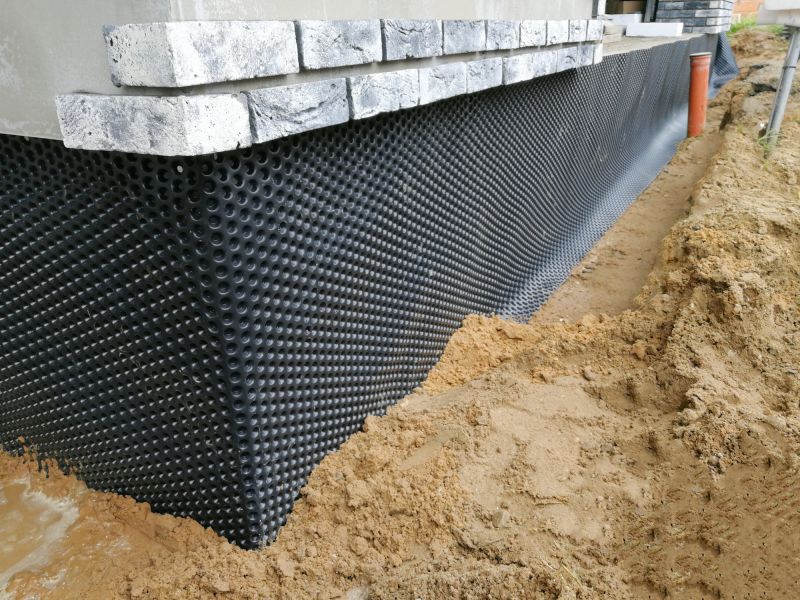
Ways to make Waterproofings work in tight or awkward layouts.
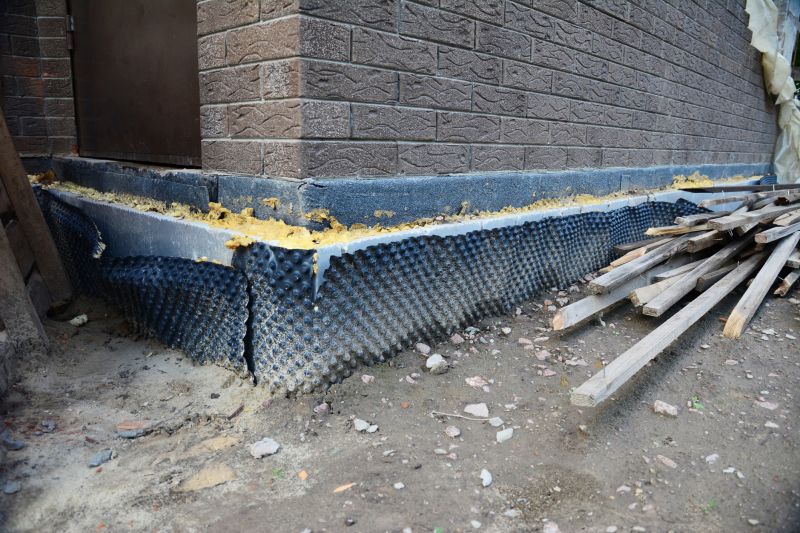
Popular materials for Waterproofings and why they hold up over time.
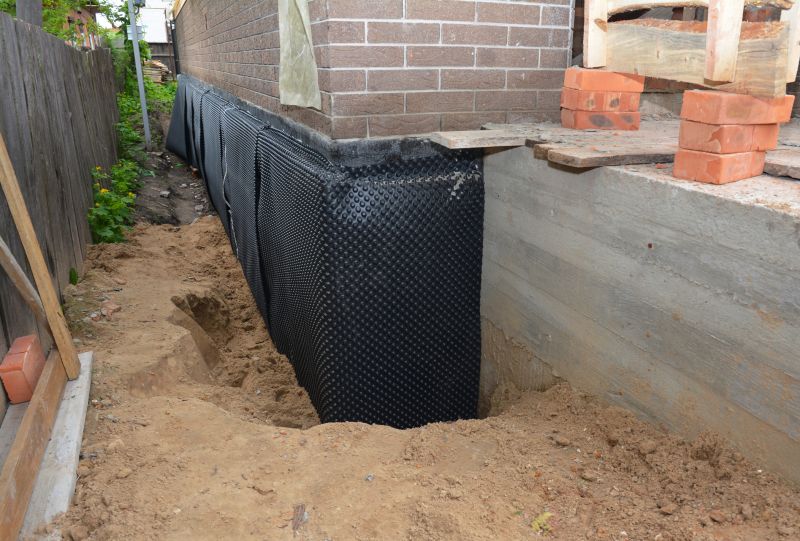
Simple add-ons that improve Waterproofings without blowing the budget.
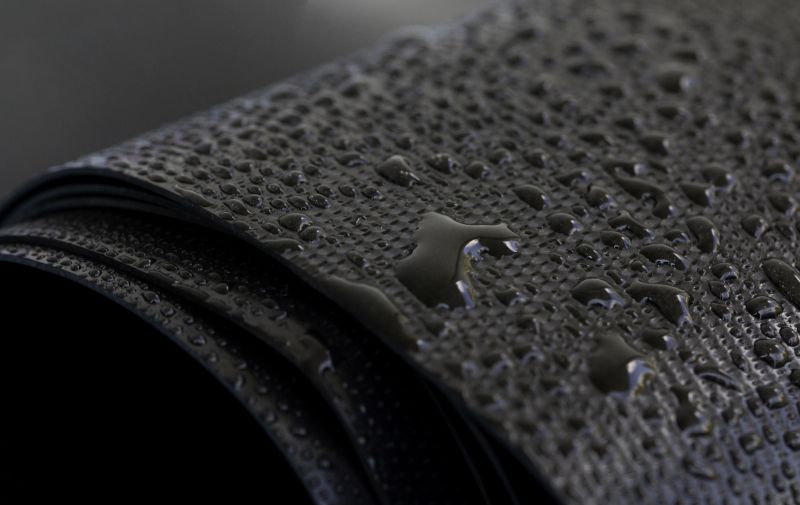
High-end options that actually feel worth it for Waterproofings.
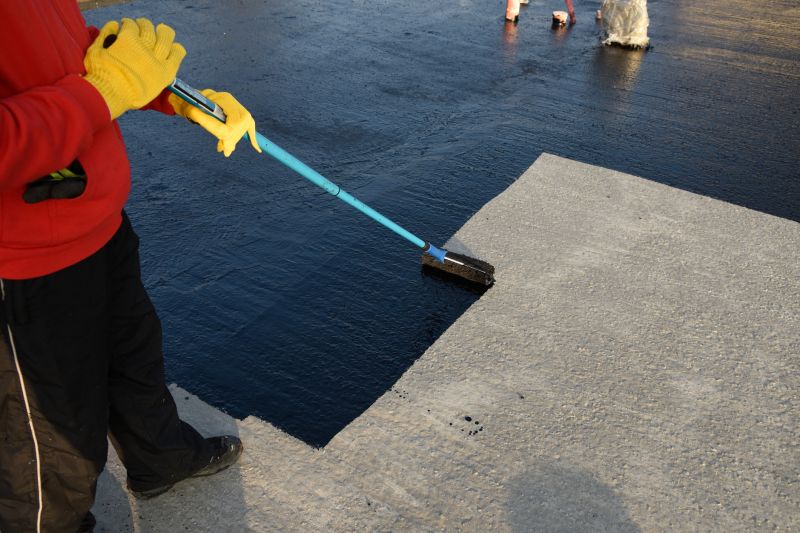
Finishes and colors that play nicely with Waterproofings.
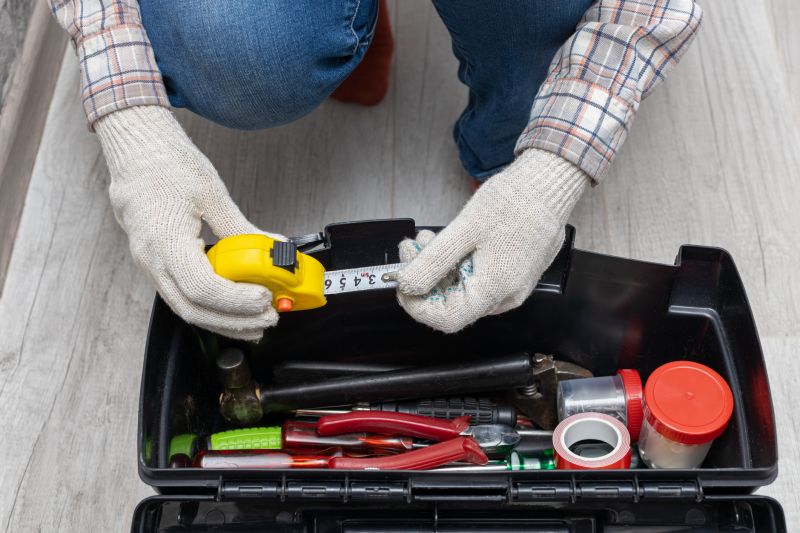
Little measurements that prevent headaches on Waterproofings day.
Waterproofing is a critical component in protecting structures from water intrusion, which can lead to significant damage and costly repairs. Effective waterproofing involves the application of membranes, sealants, and coatings designed to prevent water penetration. Properly timed waterproofing projects enhance the durability of foundations, roofs, and walls, reducing the risk of leaks and structural deterioration.
| Season | Recommended Timing |
|---|---|
| Spring | Ideal for preparing structures before summer heat and rain. |
| Summer | Suitable if weather conditions are dry and temperatures are moderate. |
| Fall | Optimal due to cooler temperatures and less moisture. |
| Winter | Not recommended due to freezing temperatures and snow. |
| Late Fall | Possible if weather remains dry and temperatures are above freezing. |
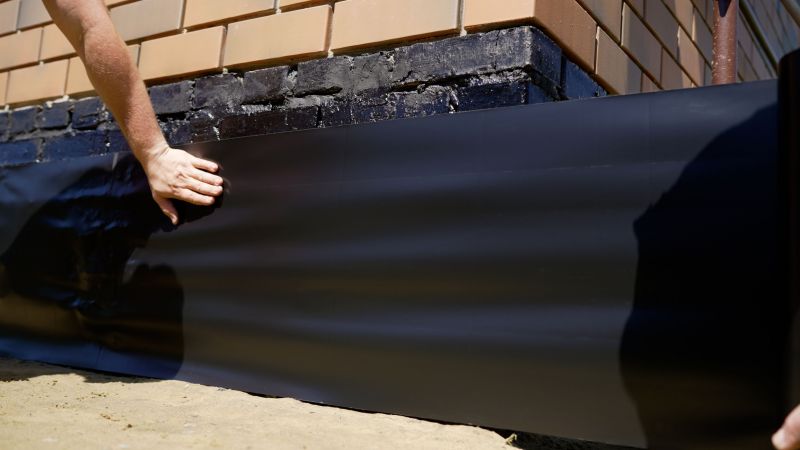
A 60-second routine that keeps Waterproofings looking new.
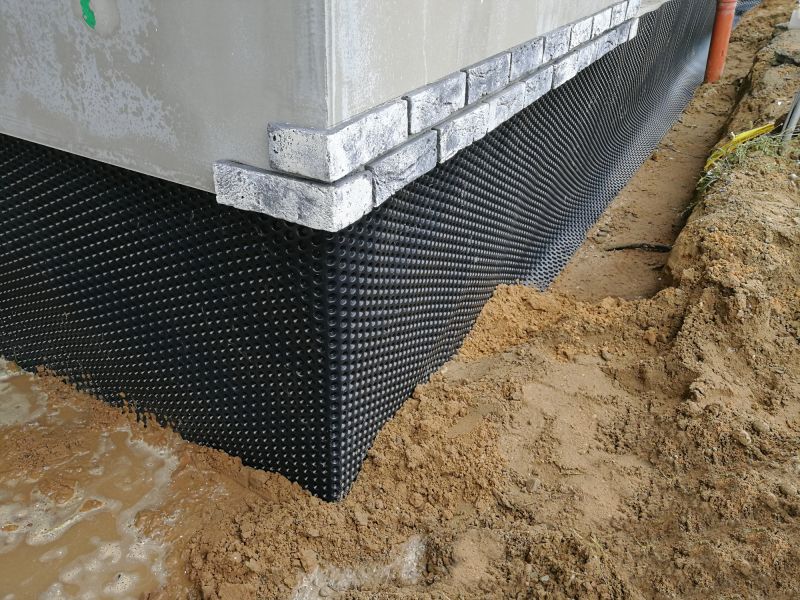
A frequent mistake in Waterproofings and how to dodge it.
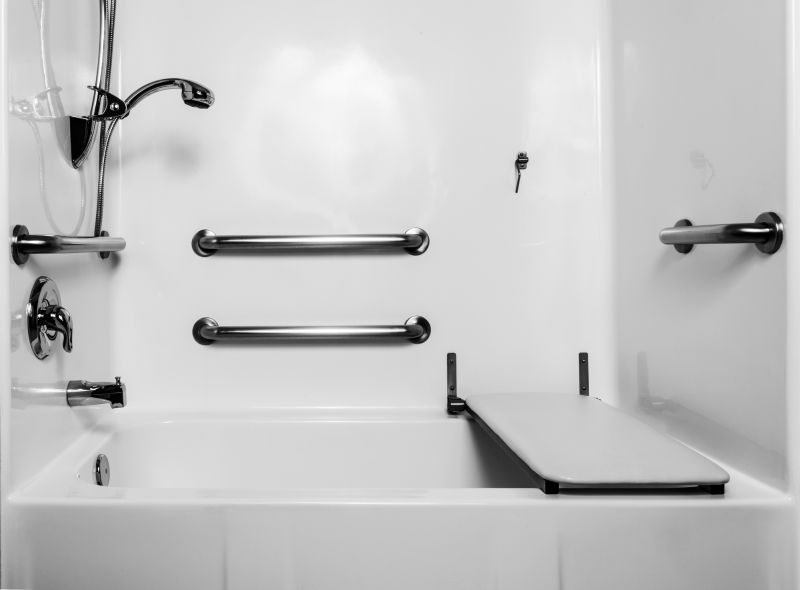
Small tweaks to make Waterproofings safer and easier to use.
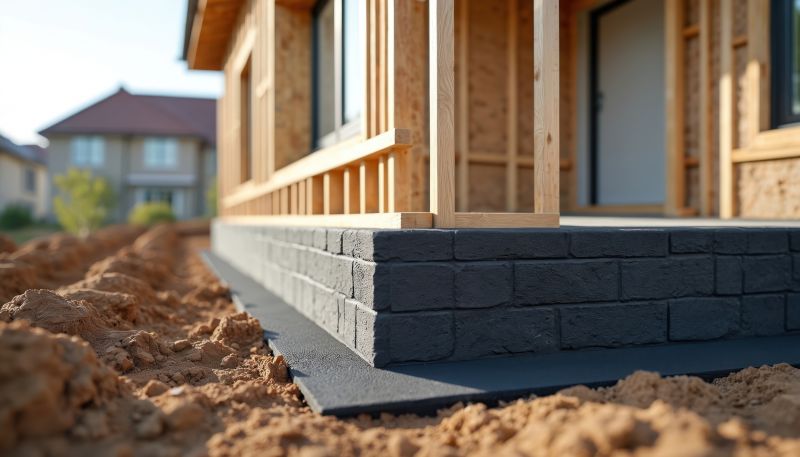
Lower-waste or water-saving choices for Waterproofings.
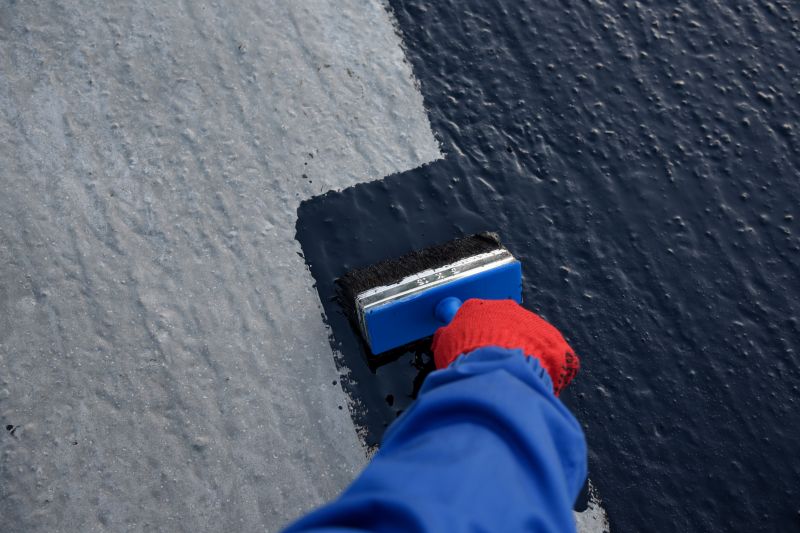
The short, realistic tool list for quality Waterproofings.
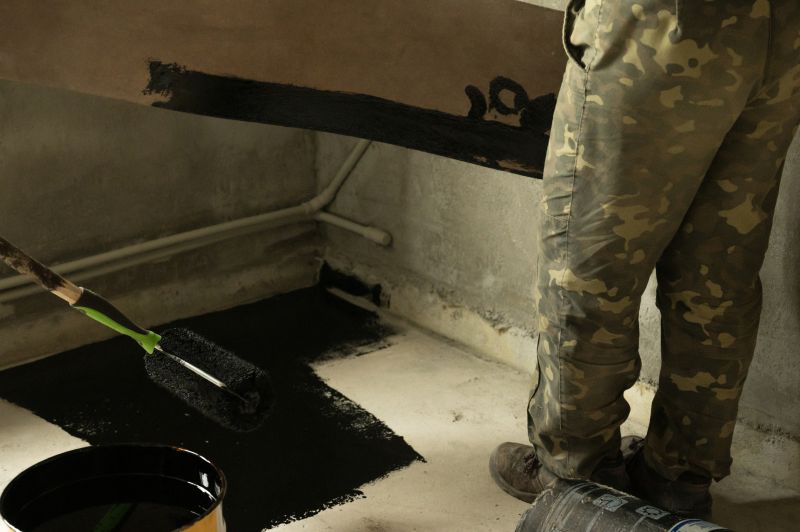
Rough timing from prep to clean-up for Waterproofings.
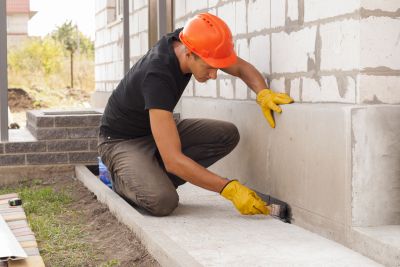
Quick checks and paperwork to keep after Waterproofings.
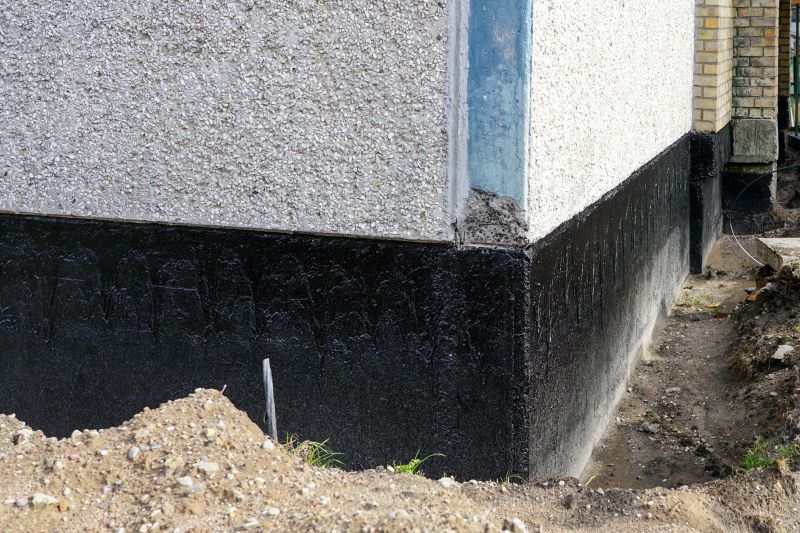
Examples that show the impact a good Waterproofings can make.
Timing waterproofing projects correctly ensures optimal adhesion and curing, leading to more effective water resistance. It also minimizes disruptions caused by weather delays. Consulting with waterproofing professionals can help determine the best schedule based on local climate conditions and specific project requirements.



